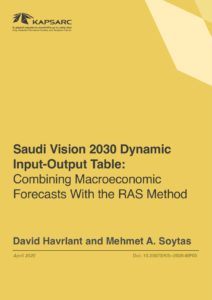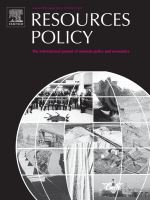Dr. Soytas was a senior research associate in the Policy and Decision Science program. He has previously worked as a graduate research assistant in the Center for Industry Studies at the University of Pittsburgh, as a consultant for the World Bank, and as an assistant professor of economics at Ozyegin University (Istanbul).
During his academic career, he served as a consultant for the Energy Exchange Istanbul, as the reporter of the Turkish Ministry of Development Special Commission on Consumption and Savings, and as the director of the TUSIAD-Ozyegin University Sustainable Development Forum. He has had several research projects funded by the Turkish National Science Foundation, authored numerous articles in the fields of labor economics, economic policy, econometrics, and corporate sustainability, supervised Ph.D. dissertations, and presented at major economic conferences.
Dr. Soytas has taught courses on microeconomics, econometrics, statistics, and labor economics at the University of Pittsburgh and at Ozyegin University. He has organized workshops and seminar series, and acted as a referee for many national/international journals, and European and Turkish science foundation grants. He has also been a visiting scholar at Federal Reserve Bank of St. Louis, Washington University in St. Louis, Central Bank of the Republic of Turkey, University of Pittsburgh and Australian National University.


